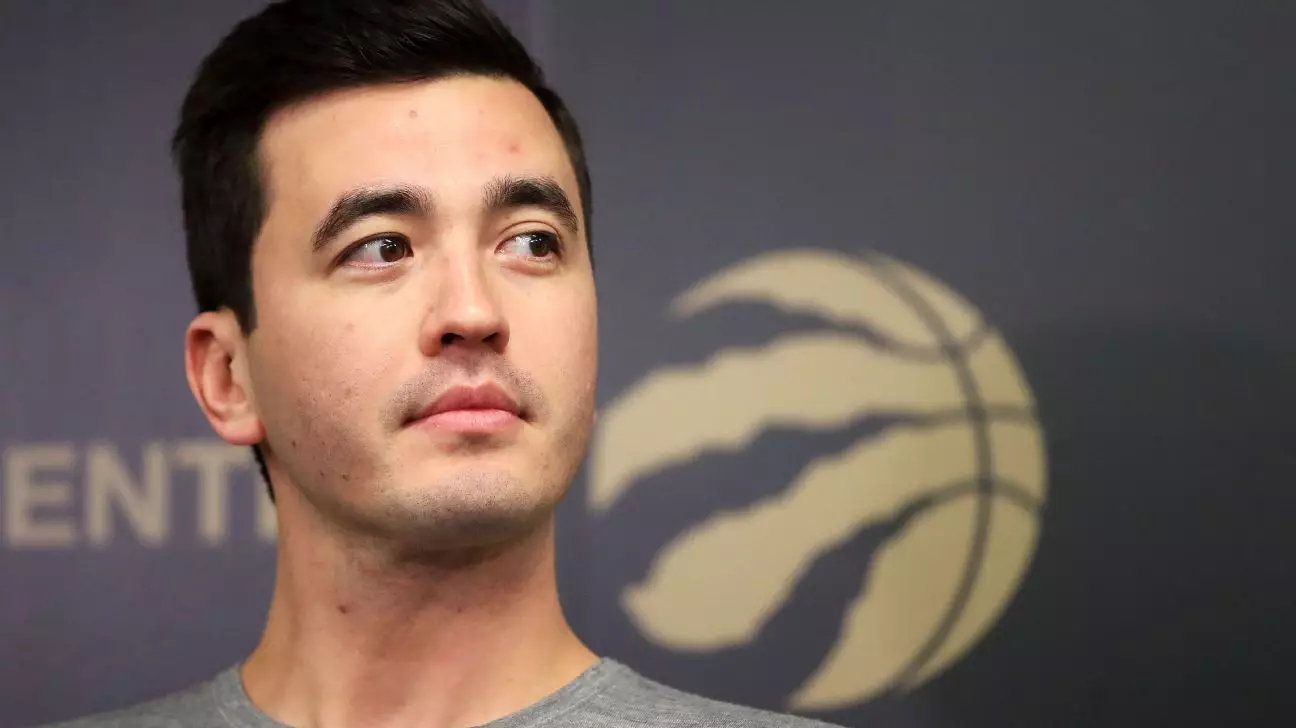The Toronto Raptors have embarked on a pivotal journey by elevating Bobby Webster to the role of head of basketball operations, signaling a determination to maintain stability amid recent turbulent times. Unlike many organizations that often chase big-name outsiders, the Raptors’ choice to promote within showcases a strategic focus on continuity, experience, and a deep understanding of the team’s culture. Webster’s rise from assistant roles to the highest executive position exemplifies an internal recognition that leadership rooted in familiarity with the franchise’s core values can be a powerful asset. His appointment indicates a confident belief in his vision and management style, particularly after impressing MLSE decision-makers during the summer league, where observation and firsthand interaction often influence such critical choices.
A Strategic Shift After a Challenging Season
The recent performance of the Raptors—finishing with a 30-52 record and missing the playoffs for the third consecutive year—has undoubtedly prompted reflection across the organization. However, rather than resorting to drastic overhaul, the franchise appears to be embracing a calculated approach. Webster’s promotion can be viewed as an effort to build on existing foundations, leveraging his deep NBA experience and familiarity with the roster developing potential, especially considering key figures like Scottie Barnes and RJ Barrett. The Raptors seem to be betting on patience and strategic development, rather than knee-jerk reactions, to restore their competitive stature.
Leadership Transition and Its Implications
Replacing Masai Ujiri—a figure synonymous with Toronto’s recent success—inevitably invites scrutiny. Ujiri’s tenure marked not only a transformative era but also an aspirational standard for the organization. However, Webster’s promotion suggests a belief that continuity can be powerful, especially given his decade-plus in the organization and nearly two decades of NBA experience overall. While Ujiri’s departure leaves a void, it also presents an opportunity for Webster to craft his own leadership identity, potentially balancing strategic stability with fresh perspectives. This transition is as much about rediscovering identity as it is about sustaining progress.
The Path Forward: Building on Potential and Internal Strengths
The Raptors’ roster is currently built around promising young talent—Scottie Barnes, Brandon Ingram, RJ Barrett, Jakob Poeltl, and Immanuel Quickley—who represent a blend of established growth and raw potential. Webster’s role will be instrumental in shaping the team’s future, whether through smart draft decisions, targeted trades, or player development. The franchise now seems poised to craft a disciplined, strategic plan that prioritizes long-term growth over quick fixes. This approach, combined with Webster’s insider knowledge and leadership continuity, could give Toronto a competitive edge in a league marked by rapid change and high expectations.
In essence, the Raptors’ leadership reorganization is a declaration of intent: they are betting on loyalty, experience, and a nuanced understanding of their unique circumstances. The coming seasons will test whether this internal-focused strategy can translate into renewed relevance and success in a fiercely competitive NBA landscape.


Leave a Reply